Has Erdogan’s re-election sealed the fate of Turkey’s fragile democracy?
On June 24th, Turkey held two simultaneous elections, the parliamentary and general elections. The latter saw the controversial, albeit predictable re-election of the country’s incumbent president of 15-years, Recep Tayyip Erdogan. President Erdogan has now held definite power over Turkey for 15 years — first as the country’s prime minister from 2003 to 2014, and since 2014 as its president.
“It seems the nation has entrusted me with the duty of the presidency, and to us, a very big responsibility in the legislature,” President Erdogan exclaimed during his victory speech on the night between Sunday and Monday. “The winner is Turkey, the Turkish nation. The winner is all the aggrieved people in our region, all the oppressed in the world.”
For over 15 years Erdogan has stopped at nothing to preserve and increase his power. His methods have been a display of neo-classic means of a tinpot dictator in a third world nation, and have included silencing opposition, jailing journalists, and ruling by a constant state of emergency, ill befitting that of an advanced nation of Turkey’s stature.
Even amidst an attempted military coup d’etat in 2016, Erdogan has remained, gaining nothing but more power.
In 2017, nearly 300 Turkish diplomats have claimed asylum in Germany alone, and pro-democratic observers claim that 80% of Turkey’s free media has been nullified or even destroyed. Despite this reality being nearly common knowledge in Turkey, Erdogan won the 2018 general election by a landslide – 52.29% of the votes – with an 87% voter turnout.
With his reelection, Erdogan can now further focus his increasingly autocratic power, and seal the fate of Turkey’s fragile democracy.
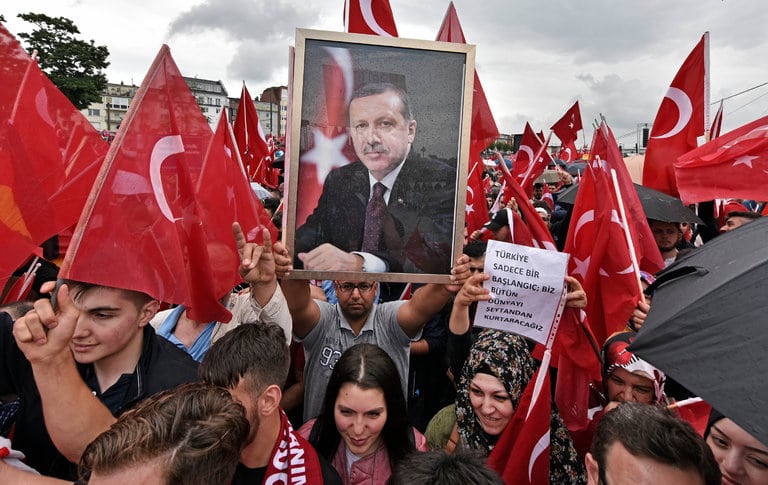
The Call from the Wild
In an election that international monitors say lacked “equal conditions,” Erdogan won a new five-year term. During this term he will also enjoy new, additional powers, as a result of the April 2017 referendum that dissolved the position of Prime Minister, which is set to take place in the days now following.
Erdogan’s triumph was quickly welcomed by Russian President Vladimir Putin and several other authoritarian leaders. The Organization for Security and Co-operation in Europe (OSCE)’s vote monitoring arm, known by the acronym ODIHR, was quick to criticize the election. The European Union, the United States and other Western countries followed suit, calling for Turkey to strengthen its democratic foundation, instead of calling to congratulate Erdogan.
“We have switched literally to a one-man regime,” said Erdogan’s closest rival, Muharrem Ince. Ince received 30.6% of the votes.
If it was not obvious before, it is now blatantly so. What the world is witnessing in Turkey is the strategic and skillful destruction of the nation’s democratic foundation and the installation of a strongman dictator. And yet, none of this is surprising.
In the Shadow of the Ottoman Empire
For decades, the citizens of Turkey lived under a variety of military dictatorships, or under the seemingly benevolent rule of authoritarian governing. Military coup d’etats superseded one another, with the reigning superpowers all partaking to either back outright or covertly the various interests thereof. At intervals, democracy appeared to break out only to be squashed again by either overt military coups, or by authoritarian former military men turned politicians. In essence, the nation seldom had democracy in more than name.
The last successful military coup was the “post-modern coup,” the first of its kind, in 1997. Ostensibly the coup sought to push back the growing Islamic influence in the country, which certain generals from the military leadership feared would further increase the already strong support and influence of Hamas and Hezbollah in Turkey.
The primary focus of this military pushback was the Islamist Welfare party, which had created a coalition government after the 1995 election. The coup was fairly bloodless but did see the arrest of key officials, most of which were of the Welfare Party. One of those arrested was the Istanbul mayor at the time, a certain Recep Tayyip Erdogan, for having read nationalist and Islamic poetry during a public function. Erdogan was banned a week later from being involved in Turkish politics for a minimum of five years.
It was not until 2002, that the nation dared yet again attempt, on stumbling and uncertain legs, to again try to be an actual democracy in anything but name. But this aspiration was short lived. Turkey has, by its regional standards, a strong democratic foundation to build upon. However, it has also proven to have a rivaling strong inclination towards favouring strongman rule.
And so, with democracy yet again making an attempt to blossom, Erdogan established his nationalistic and Islamist Justice and Development Party (AKP) in 2001. With him as its party leader, the AKP won the national vote to form a new Turkish government with 34.3% of the votes in 2002. This election made Erdogan the country’s prime minister, under the presidency of Ahmet Necdet Sezer.
President Sezer, an independent secularist, had largely been made into a lame duck as a result of the 2001 Turkish financial meltdown. He could do little to oppose Erdogan’s growing influence in its aftermath. Sezer would ultimately go down in Turkish political history as a man who was, largely, too open-minded. In fact, he was so open-minded that he would come to help Erdogan, a direct political opponent, to lift the ban on running for office that the military junta had imposed on Erdogan.
![Image [President Ahmet Necdet Sezer (r) and Prime Minister Recep Tayyip Erdogan (l) at annual Deniz Kurdu naval exercise, March 24, 2007]](https://limacharlienews.com/wp-content/uploads/2018/06/9000.jpg)
Erdogan had already, predictably, emerged as a man who would personify political power in Turkey. Few independents, or even established parties, could directly oppose him. Often times instead, they would find themselves forced to seek his favour to push forward legislation and new projects. Now, with Sezer out of the way, and with Gül now installed as president, Erdogan had nearly complete control of the higher echelons of the Turkish political scene. This further ingrained Erdogan with his power base.
The voting base of the AKP and Erdogan is a wide and complicated one. It consists of a mixture of the working class and the religious vote. As a result, the AKP represents a near unique political mixture of the conservative tradition of Turkey’s Ottoman past and its Islamic identity. As such, one of the unifying issues for the AKP and its voting base is the belief that Turkey’s natural place in the world is that as the centre of an empire and creator of Turkish hegemony. And for AKP voters, the only man that can bring back those glory days is Erdogan.
But to do this, certain civil liberties and the basic rule of law must be disregarded. A typical display of the ends justifies the means.
Dirty Pool, Sir.
Numerous outlets, both international and domestic, have reported unfair or even outright fraudulent activities in relation to the elections. The Turkish citizens’ journalist outlet Dokuz 8 News claims to have collected various instances of election fraud during the 2018 election. Among the instances that Dokuz 8 News claims to have recorded is that members of the electoral commission from the Kurdish-cause affiliated Peoples’ Democratic Party (Turkish: Halkların Demokratik Partisi)(HDP) were blocked by government-funded “village guards” in Diyarbakir, and that these village guards entered four different rural areas in Kulp and intimidated voters. Activities like this led to several villages closing the ballot boxes early, out of security concerns.
HDP ballot-box committee members have been claimed to be barred from entering Diyarbakır’s Koçkar village by village-guards. The committee members’ telephones have not responded to calls yet for confirmation.
via/@MAturkce pic.twitter.com/Vt1OaA8BIX— dokuz8NEWS (@dokuz8news) June 24, 2018
Selin Girit, BBC’s Turkish correspondent tweeted a video on Sunday that allegedly showed ballot stuffing at a polling station in Urfa.
It’s not even midday but allegations of vote rigging emerge in southeastern town of #Urfa. Video appears to show a bulk of ballot papers cast into box, and observers unable to stop fraud. In preelection tension, 4 people had lost their lives in Urfa#TurkeyElection via @bbcturkce pic.twitter.com/1Mk0YXpNEw
— Selin Girit (@selingirit) June 24, 2018
The Turkish news outlet Hurriyet Daily News reported that Mehmet Sıddık Durmaz, the local chairperson of the IYI (Good) Party and one voter were shot dead after a group of men attempted to enter with false accreditations outside of a polling station in the Karaçoban district of the eastern province of Erzurum.
International political activists also report that they had problems either entering the country, or were detained hours before the election was set to begin. A French delegation of Communist party members, including senator Christine Prunaud, were arrested in Turkey on Sunday while trying to observe parliamentary and presidential polls in the Kurdish southeast.
In addition to those arrested while inside the country, many high profile activists claim to have even been barred from entering the country. Andrej Hunko of Germany’s Left Party and Jabar Amin of Sweden’s small Environment Party are among those that claim to have been barred from entering Turkey during the election process “based on their publicly expressed political opinion.” To further complicate matters, the Turkish state-run news agency Anadolu Agency carried a story a few days before the election suggesting that the OSCE observer mission was biased against Erdogan.
#Seçim2018:
Şanlıurfa'da birçok sandığa ilişkin usulsüzlük iddiaları paylaşılıyor:
"CHP'den bende burada oy yok."https://t.co/6PfvcXzLF0 pic.twitter.com/LpfAkmppFt— BBC News Türkçe (@bbcturkce) June 24, 2018
OSCE in turn stated that AKP had an “undue advantage, including in media,” to win the election. A preliminary statement by the organization also said that “the restrictive legal framework and powers granted under the state of emergency limited fundamental freedoms of assembly and expression, including in the media.”
It’s the Economy
Turkey has been in a financial crisis since before the 2016 coup attempt, which in turn has caused increasing unemployment. As a result, since the beginning of 2018, the Turkish Lira (TL) lost over 20% of its value against the US dollar and EURO.
Throughout 2018, the lira’s exchange rate accelerated deterioration, now sitting at a level of 4.6 TRY/USD. By late May the TL fell beneath the currency valuation threshold set by the International Monetary Fund (IMF). This caused the Central Bank of the Republic of Turkey (CBRT- Turkish: Türkiye Cumhuriyet Merkez Bankası, TCMB) to announce an interest rate increase by as much as 3 per cent to 16.5 per cent after having held an emergency meeting on May 24th.
The situation has been further compounded by the fact that the CBRT was forced to raise the interest rates despite instructions from President Erdogan not to do so. The Turkish Prime Minister Binali Yildirim, backed by Governor Murat Cetinkaya, had to personally convince the President to accept the rate increases as immediately necessary.
The ongoing situation has been further aggravated by the fact that the country has an alarming currency account deficit. The currency deficit has now reached the point where Turkey is finding it difficult to get additional international credit in US dollars, which in turn leads to a difficulty importing oil. These two variables have caused a domestic run on the Turkish lira and fueled the wildfire of media speculations that the already double-digit inflation will become completely unsustainable.
In its announcement, the CBRT described the interest rate increase as a “powerful monetary tightening,” and stated that it would continue to use every instrument in its arsenal to get the ongoing inflation under control.
In the weeks leading up to the election, the situation worsened as Erdogan made a significant and public play of him taking more direct control over the Turkish monetary policy. This was likely a play by the President to be seen as taking charge and trying to save the country, but in the short term it only further came to associate the problem with Erdogan directly. As the public perception of who to blame began shifting, Erdogan stated that interest rate adjustments were beyond his control, and that rate adjustments are “the mother and father of all evil.” Despite this, the trained economists and financial experts at the CBRT and the IMF, with the support of the Prime Minister, saw just this as the only course forward.
As a result, Erdogan and his party shifted approach. Just like in the 2014 election before, they utilized and furthered the belief that a large part of the Turkish financial problem stems neither from domestic issues, nor its leadership, but from shadowy conspiracies perpetrated by the Americans, English, Dutch and “some Jewish families” who would want to deprive incumbent President Erdogan of support in the elections. According to a poll from April 2018, 42 percent of Turks, and 59 percent of governing AK Party voters saw the decline in the lira as a plot by foreign powers. At the same time, the Turkish Statistical Institute reported on May 30th that the national economic confidence had declined to the lowest level in 15 months, since the aftermath of the 2016 coup attempt.
As a result, with less than three weeks before the election, Erdogan made a televised address in which he attempted to reassure the domestic markets. During the speech, the President stated that he would ensure that Turkey will “abide by global principles for monetary policy.” However, he added, “we will not let the global principles end our country.” The initial market response appears carefully optimistic for now, with a slight increase in the currency valuation.
Ultimately, this was the situation that led Turkey to call a so-called snap election, an election brought more than a year ahead of schedule. Erdogan knew that if he did not seek reelection now, the economic turbulence would soon make it impossible for him to do so.
The Ends Justifies the Means
A public vote on a constitutional referendum was held on April 16th, 2017, on whether to approve 18 proposed amendments to the Turkish constitution. The vote was while the country was, and still is, under a state of emergency following the failed military coup attempt in July, 2016.
The amendments, sponsored by Erdogan’s AKP party, and its affiliated Nationalist Movement Party (MHP), included the abolishment of the Prime Minister’s office, and the abolishment of the existing parliamentary system of government. Instead, they would be replaced with an executive presidency and a presidential system. In addition to this, the president’s office would have a much more direct role in the appointing of the Supreme Board of Judges and Prosecutors (HSYK).
The referendum passed with 51.41% of the votes, with 98.26% of the votes counted being deemed valid, and an 85.32% voter turnout. Thus, Erdogan became the most powerful Turkish leader since Mustafa Kemal Ataturk founded the nation in 1923, out of the shattered remains of the Ottoman Empire.
In addition to granting Erdogan immense executive powers, the April 16th referendum effectively crushed the democratic hopes and aspirations of the Turkish nation, a nation that had not yet educated its people about the concept of democratic experimentation. The predictable outcome of the referendum reversed the course of the country, from attempting to be a progressive democracy, to becoming the latest autocracy.
And it did so by populist vote.
Just like Russia in the early 90s, democracy ascended amidst applauds from the West, only to crash and burn in flames years later. A descent towards rule by strongmen for whom democracy and freedom are mere battle cries in a quest for unopposed power.
In fact, Erdogan might even be more powerful than Ataturk had been since the Western powers are presently unable to operate in the region without the support of Ankara. The outcome of the Syrian war, Russia’s position in the Middle East, and NATO air capabilities in the region, are all dependent on how the West handles its affairs with Erodgan. Or rather, how he decides to manage his relations with the West. With the referendum also providing Erdogan with the possibility, under controlled circumstances, to rule until 2029, or even 2034, assuming he can continue to control the public vote, no doubt the West and Turkey alike will be stuck with him for a long time.
Since the failed military coup in July 2016, Turkey has been in a constant temporary state of emergency, a state which gives the executive branch, under the leadership of Erdogan, immense power over all segments of the government. The constitutional referendum sought to provide much of this power to the President on a permanent basis.
The Presidential referendum is widely believed to have been part of the Erdogan master plan all along. But the attempted coup d’etat in 2016 put his ambitions in overdrive, along with his popularity amongst those searching for a Turkish strongman promising to revive the might and influence of the Ottoman Empire.
Erdogan’s promise of Turkish greatness plays well in the new millennial revived nationalistic tendencies, mirroring the dogma of Russian President Putin, and American President Donald Trump. It is also strongly reminiscent of the populistic and shallow promises made by Austrian-German leaders shortly before World War 2. During Erdogan’s years as prime minister, between 2003 and 2014, he sought to demonise any and all that opposed his rule. Socialist reformists, leftists and liberals, Kurds, segments of society not likely to vote for him in any shape or form, were his targets. Erdogan, instead, relies on a strong Islamist and nationalistic voting base.
Economy is Key
The biggest concern for Erdogan is the same as it was before the election – the economy. That is why he didn’t just campaign on a nationalistic platform, but also on promises, with or without any foundation in reality, to strengthen the economic state of the nation.
“The new era will be the era of a strong parliament and strong government. An independent judiciary will complement these two basic powers. In the new period, the parliament will be stronger, the government will be stronger and the independent judiciary will be more effective,” Erdogan said on May 24th, while reading from his party’s manifesto.
This is the same controversial 360-page long manifesto which focuses on how the April 2017 referendum, and the additional powers it brought to the President’s office, will bring forward “more democracy, and a strong economy”.
The Turkish lira strengthened by 1.5% after Erdogan announced his victory on the morning of June 25th. The Istanbul Stock Exchange (BIST) also saw an increase of 2.2% in the same time span. While it is the norm that both currency and overall markets tend to stabilise in the immediate aftermath of an election, the most significant contributor to the market response appears to be the immediate word from economists affiliated with Erdogan’s administration that Turkey has begun to negotiate for a financial reformist package and resolution with the IMF.
Regardless of how the IMF negotiations turn out, Erdogan still faces severe financial problems. The combination of authoritarian governing, Islamism and anti-Western sentiments does not attract foreign investors in the same way as it used to. In fact, by most accounts, it appears to be driving investors away. It is unclear if, even with the help of the IMF, Turkey can manage its inflation developments, presently at 12.9%, much less its unemployment numbers, currently standing at 11.3%.
Despite Erdogan knowing that he must turn to outside, mainly western help to resolve his financial crisis, he appears reluctant to let his supporters know that. The only way forward for Turkey, with or without Erdogan, is by increasing its ties with Europe.
Turkey is ideally positioned to continue to function in the same role as it has for hundreds of years; as a western gateway, in both an economic and military sense to the Near East. In other words, the same advantages that made the Ottoman Empire a viable power for centuries, are what keep European interest in the affairs, and stability, of Turkey. But Erdogan can only continue to leverage this geographical advantage if he changes course, and begins to improve his relationship with the West. This is the reason that the European Union and NATO have sought to stabilise the country through strategic trade.
Despite this, the leadership of the increasingly powerful Erdogan government has continued to polarise the country, while right-wing, anti-Western and Islamist sentiments have been allowed to thrive. For now, Europe needs Turkey to be a stable and reliable partner for trade with the Middle East, including gas pipelines into Europe from the Iranian and Russian spheres of influence.
But for how much longer?
John Sjoholm, Lima Charlie News
[Edited by Anthony A. LoPresti] [Main image: Lefteris Pitarakis / AP]
John Sjoholm is Lima Charlie’s Middle East Bureau Chief, Managing Editor, and founder of the consulting firm Erudite Group. A seasoned expert on Middle East and North Africa matters, he has a background in security contracting and has served as a geopolitical advisor to regional leaders. He was educated in religion and languages in Sana’a, Yemen, and Cairo, Egypt, and has lived in the region since 2005, contributing to numerous Western-supported stabilisation projects. He currently resides in Jordan. Follow John on Twitter @JohnSjoholmLC
Lima Charlie provides global news, featuring insight & analysis by military veterans and service members Worldwide.
For up-to-date news, please follow us on twitter at @LimaCharlieNews
In case you missed it:

![Image Opinion | Turkey trades Democracy over promises of greatness [Lima Charlie News][Photo: Lefteris Pitarakis / AP]](https://limacharlienews.com/wp-content/uploads/2018/06/Turkey-trades-Democracy-over-promises-of-greatness.png)
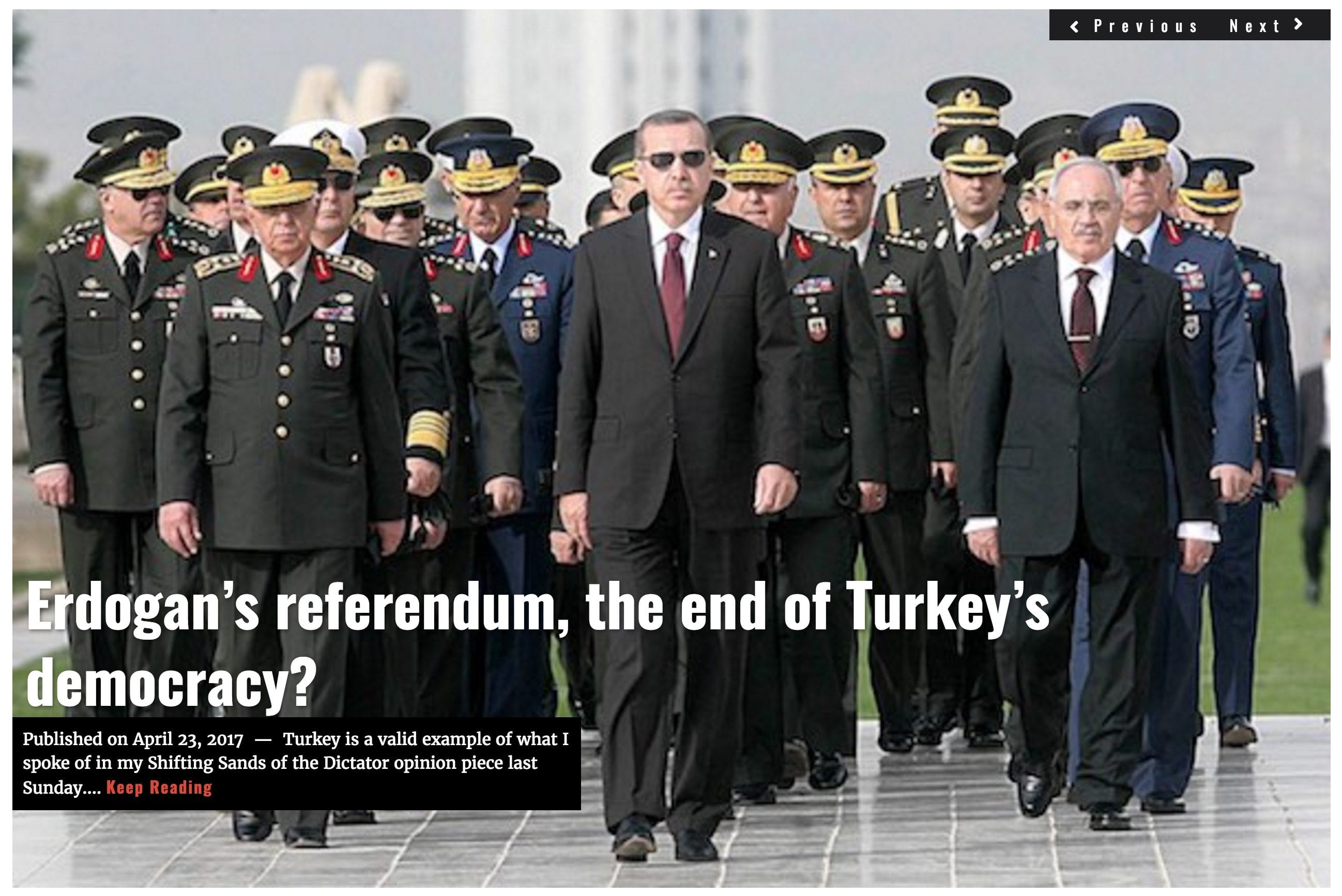
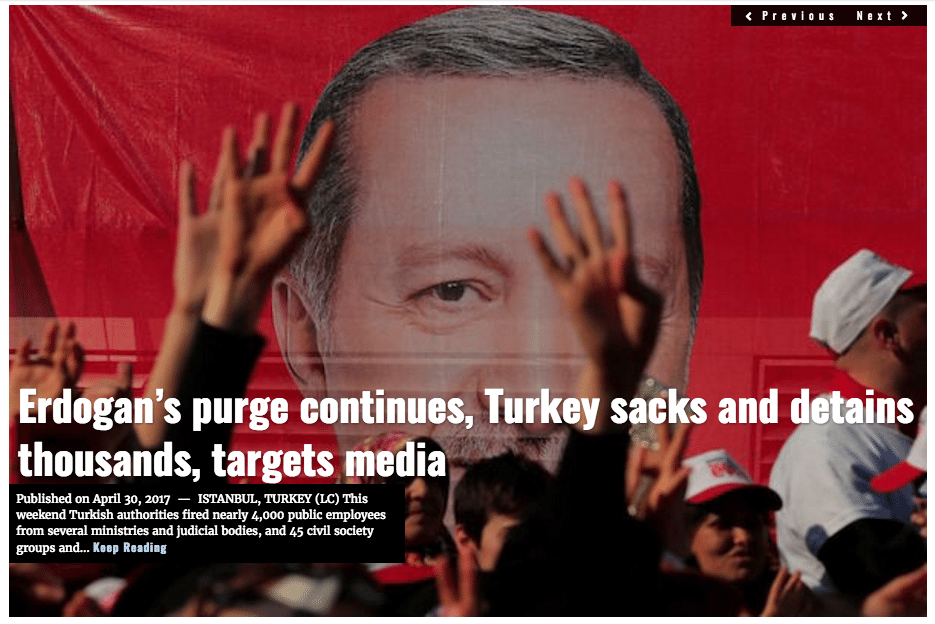
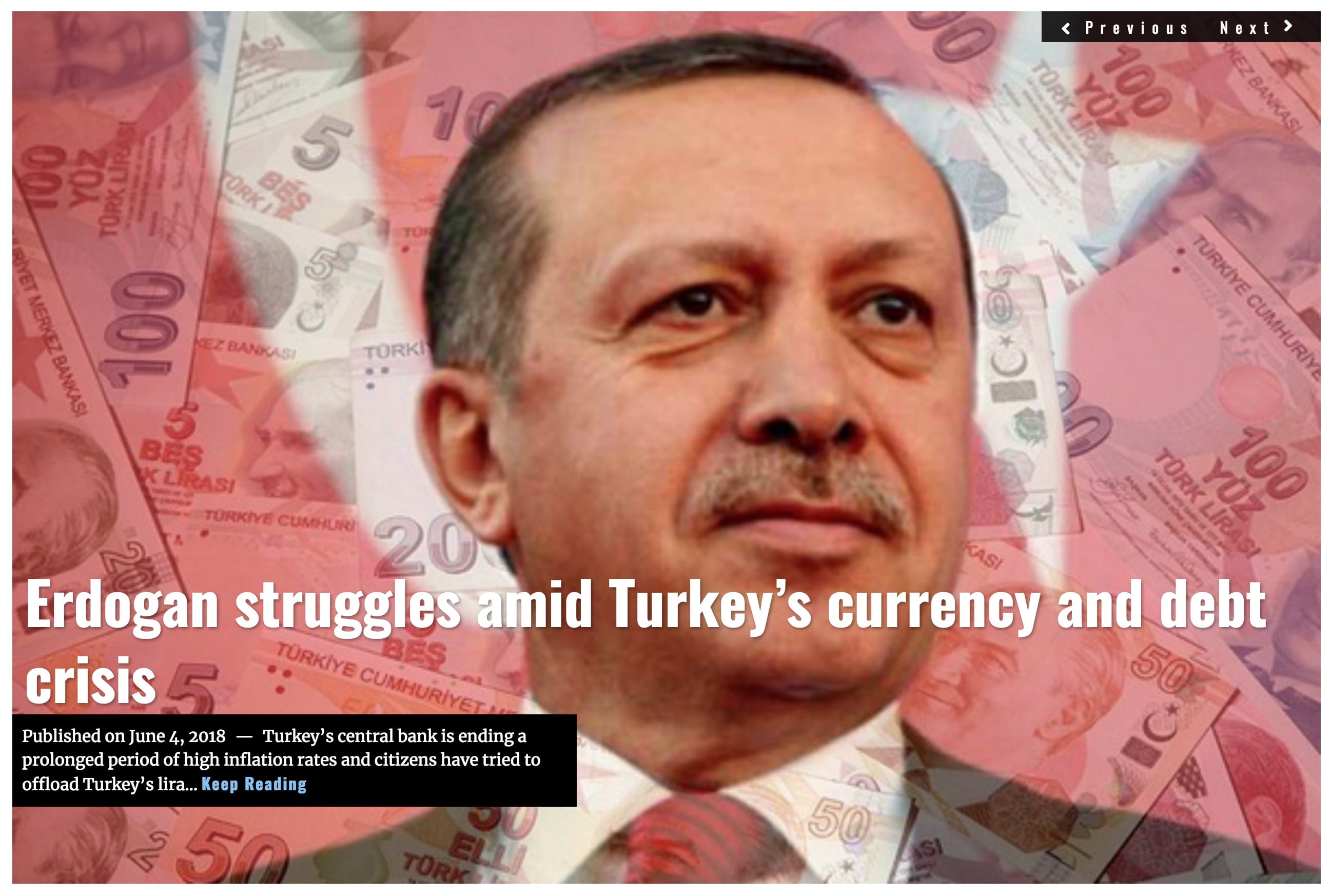
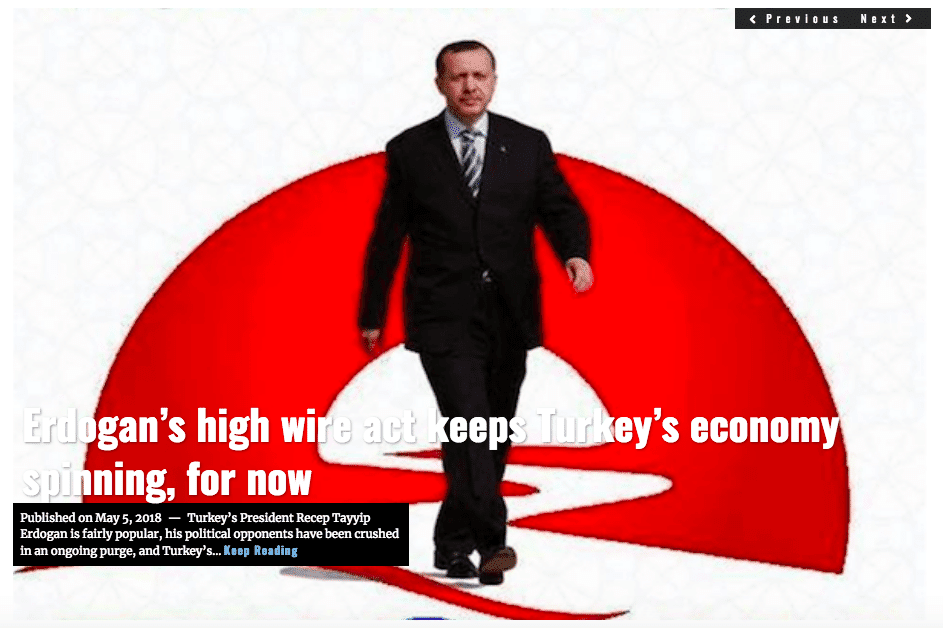
![Blossoming Russo-Turkish alliance leaves U.S., NATO behind [Lima Charlie News]](https://limacharlienews.com/wp-content/uploads/2019/07/Russia-Turkey-alliance-leaves-U.S.-NATO-behind-480x384.png)
![Image The Trouble With Turkey’s Economy [Lima Charlie News]](https://limacharlienews.com/wp-content/uploads/2019/02/Trouble-with-Turkeys-Economy-01-480x384.jpg)
![Image The Night Turkey's Democracy Died on a Bridge of Martyrs [Lima Charlie News]](https://limacharlienews.com/wp-content/uploads/2018/07/The-Night-Turkeys-Democracy-Died-on-a-Bridge-of-Martyrs-480x384.jpg)


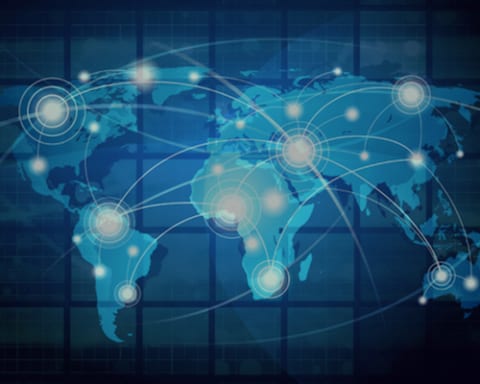
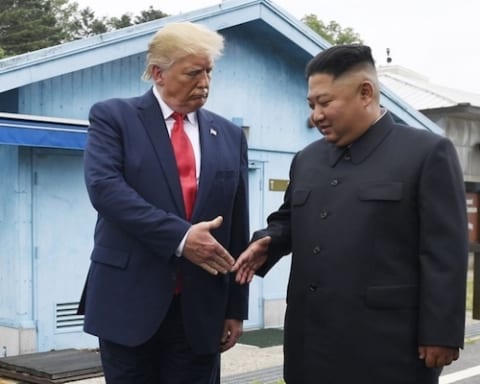
![Blossoming Russo-Turkish alliance leaves U.S., NATO behind [Lima Charlie News]](https://limacharlienews.com/wp-content/uploads/2019/07/Russia-Turkey-alliance-leaves-U.S.-NATO-behind-150x100.png)
![Image The Trouble With Turkey’s Economy [Lima Charlie News]](https://limacharlienews.com/wp-content/uploads/2019/02/Trouble-with-Turkeys-Economy-01-150x100.jpg)